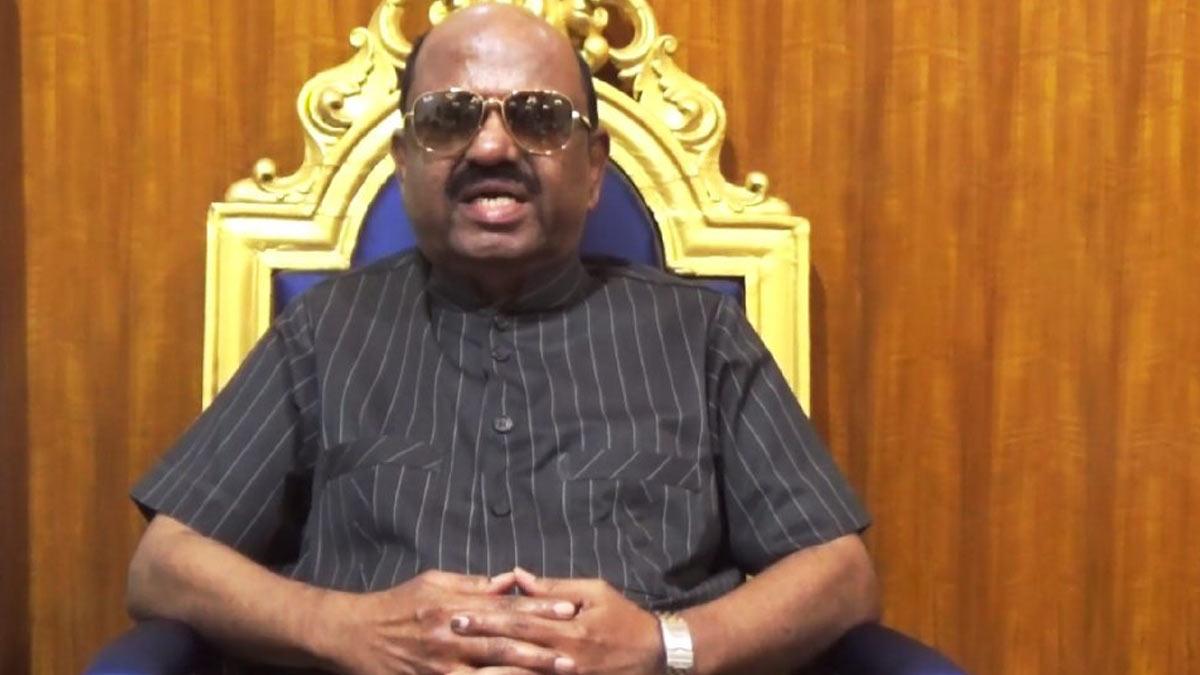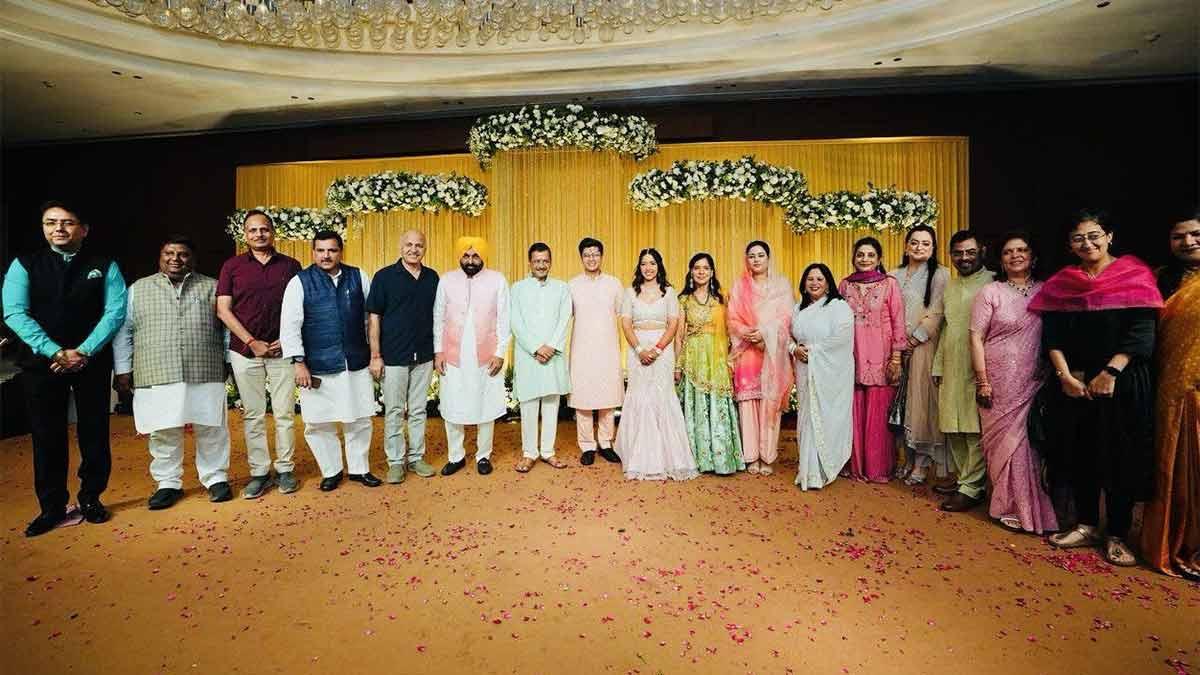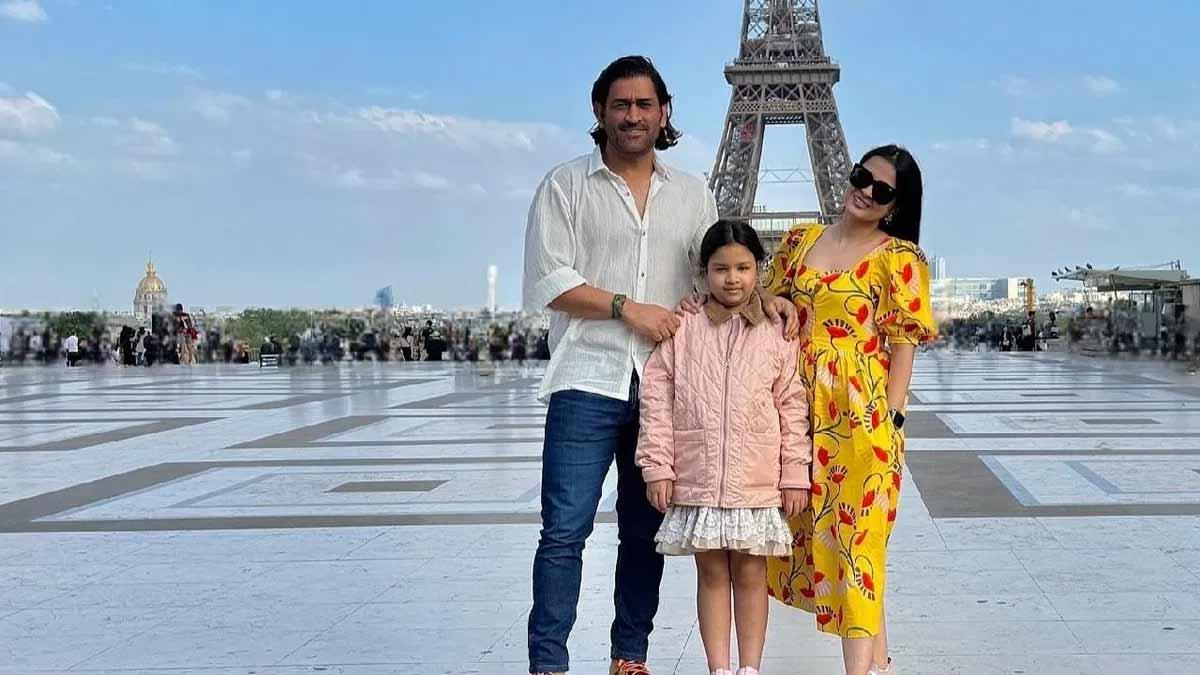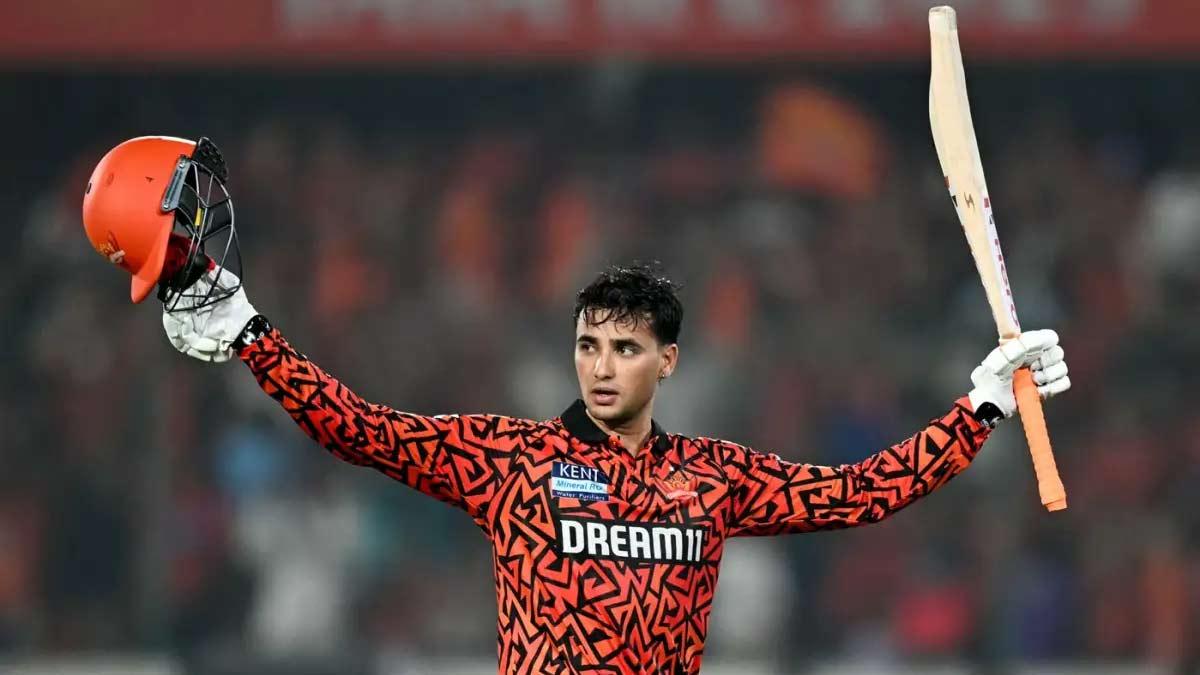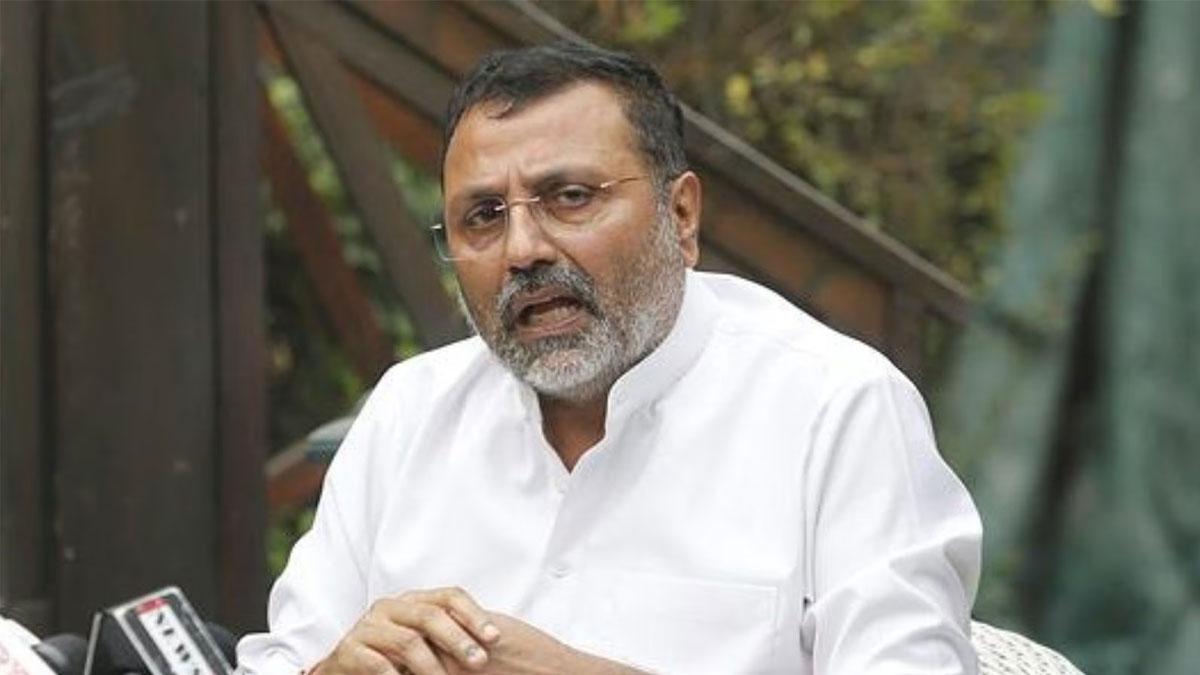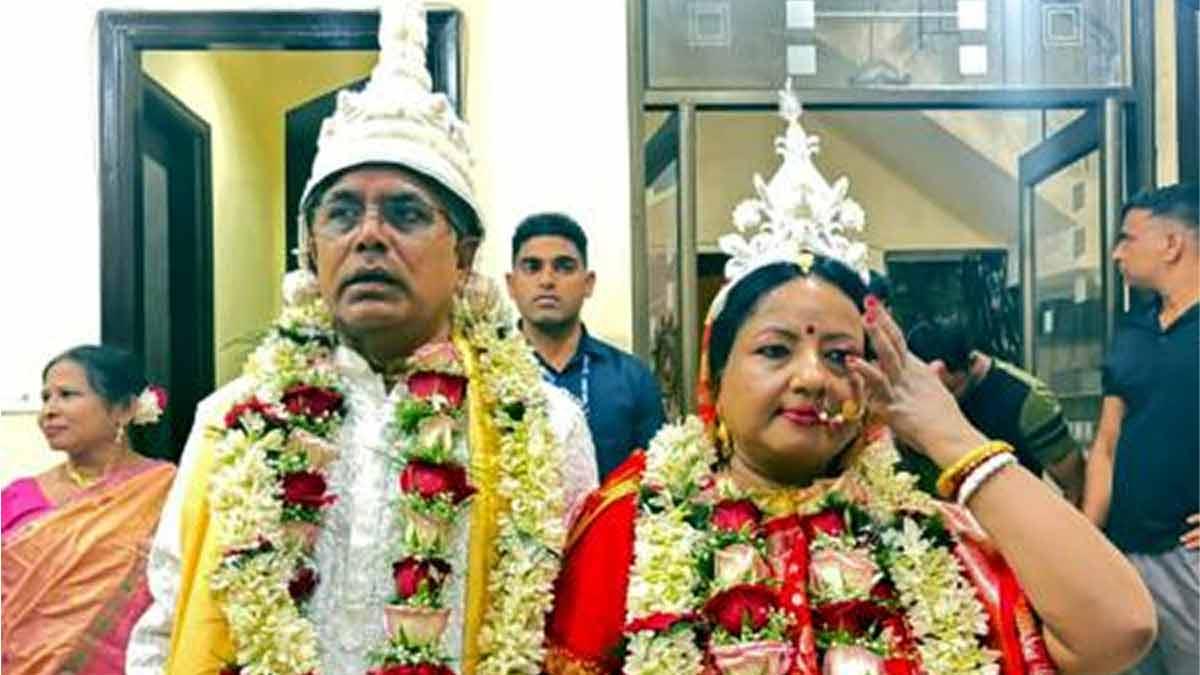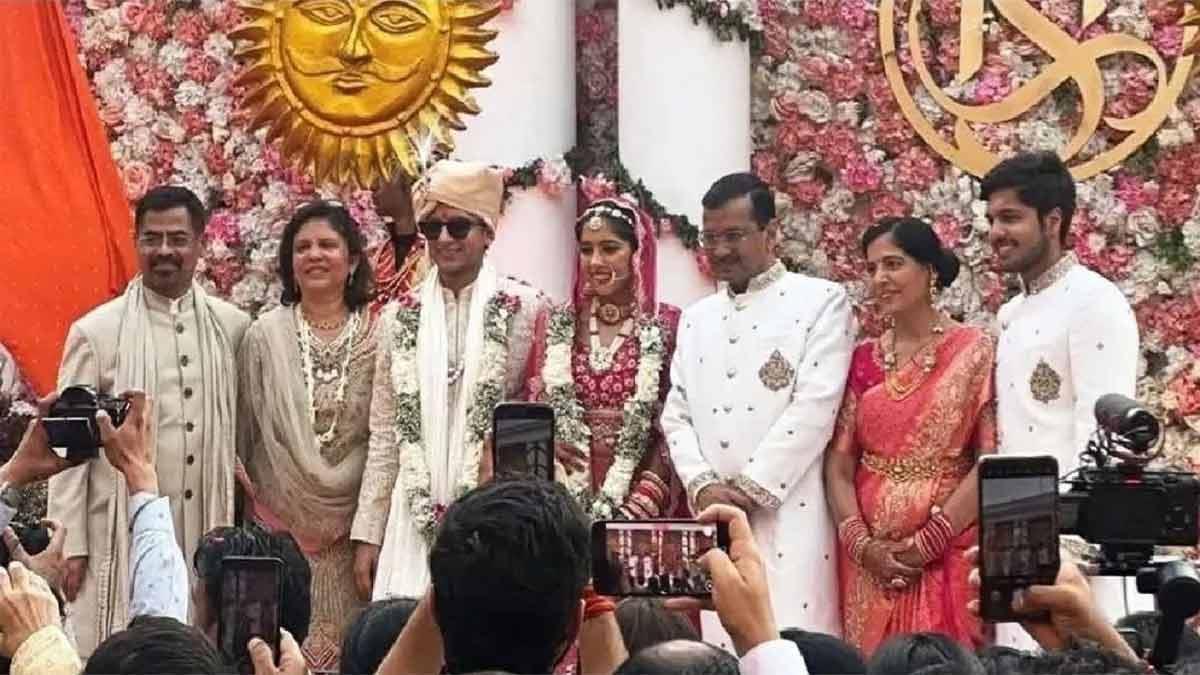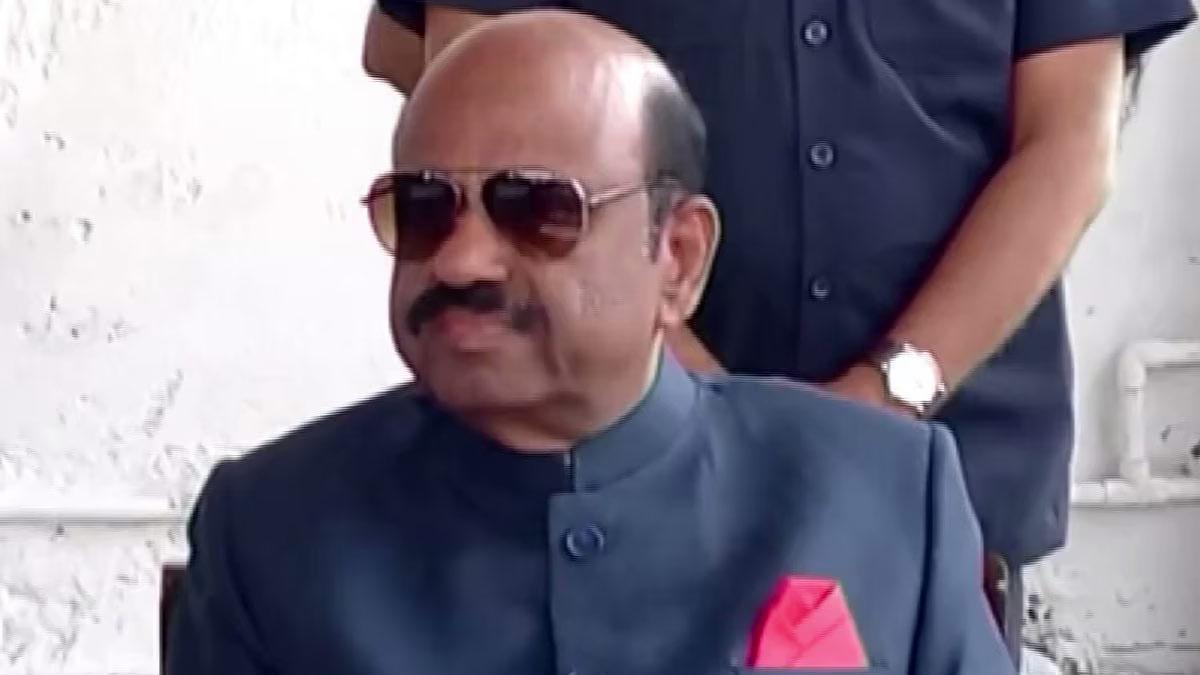Talking to media persons on Sunday, following the speech and support extended to him by West Bengal Chief Minister Mamata Banerjee, Governor CV Ananda Bose said the concept of the "passive governor" had been obsolete, and the elected chief minister should be the principal functionary in the representation of government while a nominated governor should provide more of a "friend, philosopher, and guide," to the elected persons.
Talking to the PTI in an interview in Delhi, during his stay here for the Governors' Conference, Bose said the governor should not act as a "rubber stamp" while carrying out his constitutional functions meant to uphold the Constitution and save federalism.
Even Bose, who had been at loggerheads with the Trinamool Congress government in West Bengal on various occasions, has spoken about these strained relations. He further stated that he respected Mamata Banerjee, although not a day went by without getting her personal and professional line views on him, but he had nothing much to say about her politics.
Speaking about the Governors' Conference, Bose said the event was transformational and followed totally in sync with Prime Minister Narendra Modi's dream for India. He said the conference brought in a new approach to governance and came out with a new rhythm and chemistry between governors and elected representatives.
Bose said the conference, backed by the president and his other leaders, agreed that the governors be a very key linkage—almost acting as a "rainbow bridge"—between the central government and the states in implementing with so much zing projects and programs benefiting the people.
He said the elected chief minister should be the face of the government, and the governor should be behind the scenes, playing the role of guide to the government. "The concept of a passive Governor is gone," he said, recommending an "active Governor" role, which he said should strike a delicate balance.
Bose accepted that this may trigger the debate on the role of governors of those states which are ruled by parties other than NDA and have blamed the governors for going beyond their mandate. He welcomed this as a positive development termed that the role of governor should be framed and developed further while having open discussions about it, evidently by all stakeholders.
To ensure that democratic guidelines do not get washed out or vitiated due to an infiltrative political process, he reclaimed the role of governor as a sentinel of democracy. The governor should be an impartial referee, a bridge between the Centre and the states, and a guardian of the Constitution, not a mere rubber stamp.
In the initiatives in Kolkata's Raj Bhavan, Governor Jagdeep Dhankar introduced the 'Jan Raj Bhavan' concept to democratize and make the history-infused iconic structure accessible. He symbolically handed over the Raj Bhawan to Chief Minister Mamata Banerjee with the people by giving it key-to-key. He also took cognizance of the mobile Raj Bhavan and reached out to the public amid unrest and violence and opened the peace room to take up public grievances during elections.
Bose also spoke on the role of social media, noting it is increasingly used by governors to gauge societal sentiments, for which intelligence gathering may be a blessing if certain practices of the United States suit other countries.
Read also | UP Set to Meet 'One District, One Medical College' Target Soon: Chief Minister
Read also | Centre to Revise Waqf Act: Limit Powers and Enhance Women's Representation

